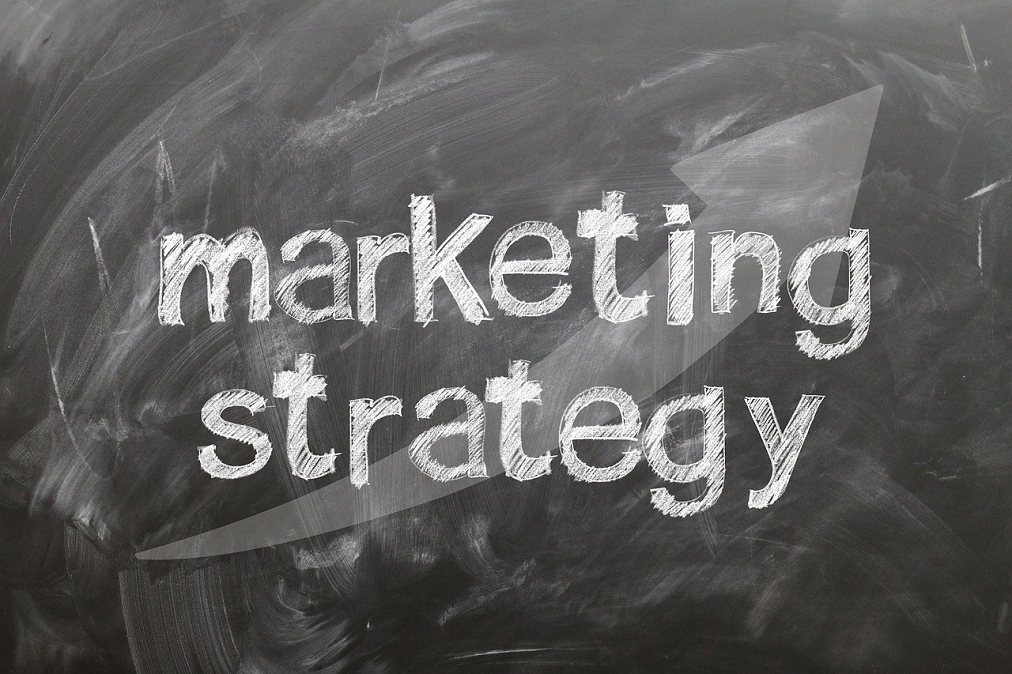Business
How to use AI in marketing: A complete guide

Advances in technology mean that Artificial Intelligence (AI) and Machine Learning (ML) are transforming industries across the globe — and marketing is no exception. Just as automation improved efficiency in manufacturing and reduced errors in quality control, AI in marketing is revolutionizing how brands communicate, advertise, and engage with customers.
Once a privilege of global corporations, AI tools are now more accessible than ever, allowing small and medium-sized businesses to enhance their marketing performance and make data-driven decisions. Between 2015 and 2019 alone, the number of businesses using AI services grew by over 270%, and that growth continues to accelerate.
For companies exploring business setup in Dubai, understanding how to apply AI in marketing is crucial. Whether you’re an entrepreneur launching a new venture or an established business seeking to scale, AI can help you streamline operations, improve targeting, and boost overall marketing ROI.
So, how can your business leverage AI to optimize branding, automate tasks, and enhance customer experience? Let’s explore.
What is AI in marketing?
AI in marketing refers to the use of artificial intelligence technologies to collect, analyze, and interpret data to improve marketing performance. In essence, it helps marketers go beyond what’s possible manually — turning massive amounts of customer and business data into actionable insights.
AI can:
- Analyze customer behavior and predict buying patterns
- Automate campaign management
- Optimize content creation and targeting
- Improve lead nurturing and conversion processes
AI encompasses any software that can perform complex tasks without direct human input. While not “intelligent” in the human sense, its processing power allows it to evaluate more data in an hour than a person could in a lifetime.
As data becomes a critical business asset, AI helps marketers make sense of this information, identifying trends, preferences, and opportunities to drive growth.
Practical ways to use AI in marketing
Businesses today are integrating AI into every stage of the customer journey — from attracting leads to converting and retaining them. Here are some of the most effective applications:
1. Targeting the right customers
AI helps brands identify and segment audiences based on purchasing behavior, engagement, and preferences. By analyzing historical and real-time data, AI systems can highlight which customer groups are most likely to convert or engage, helping marketers create more focused, cost-efficient campaigns.
2. Chatbots for customer support
AI-powered chatbots simulate human conversations, guiding website visitors, answering questions, and recommending products 24/7. These digital assistants personalize interactions, shorten response times, and can seamlessly connect users to human agents when necessary — improving satisfaction and retention.
3. Forecasting and predictive analytics
AI and ML algorithms can predict future outcomes based on historical data. This allows marketers to forecast sales, conversion rates, customer retention, and even optimize budgets for maximum performance. Predictive analytics also enables proactive decision-making, rather than reactive marketing.
Examples of AI applications in marketing
AI is no longer futuristic — it’s embedded in the tools marketers use daily. Here are some real-world applications and examples:
Common uses of AI in marketing
- Content recommendations and curation: Suggesting relevant blogs, videos, or products based on user preferences.
- Chatbots: Enhancing customer service and engagement.
- Speech and voice recognition: Powering virtual assistants and smart devices.
- Ad targeting: Displaying the right ad to the right person at the right time.
- Dynamic pricing: Adjusting product prices automatically based on demand.
- Optimization: Using AI to generate headlines, meta tags, and content ideas.
Companies leading the way in AI marketing
- Votek – A Dubai-based AI firm specializing in Arabic Natural Language Processing (NLP). Its speech recognition technology powers educational and enterprise solutions in Arabic.
- Narrativa – Uses natural language generation to create high-quality marketing and e-commerce content, improving readability and conversions.
- Persado – Leverages ML to produce hyper-personalized marketing copy by analyzing language preferences across audiences.
- GumGum – Employs contextual intelligence to serve ads in brand-safe, relevant environments without relying on cookies.
- MarketMuse – Analyzes websites to identify top-performing topics and suggests new content opportunities using AI-driven metrics.
These companies showcase how diverse AI applications have become — spanning language processing, content creation, analytics, and ad placement.
Benefits of using AI in marketing
AI offers both quantitative and qualitative advantages, helping businesses grow faster and operate smarter.
Real-time personalization
AI empowers marketers to send personalized messages to customers based on their behavior and stage in the buying journey. It can even identify at-risk clients and automatically deploy re-engagement strategies. This level of personalization builds loyalty and drives higher lifetime value.
Better marketing metrics and insights
AI dashboards aggregate and analyze data from multiple sources — campaigns, social media, sales funnels — to present a unified view of performance. This helps marketers identify what’s working, spot trends, and adjust strategies in real time.
Faster decision-making
AI performs tactical analysis in seconds, giving teams the insights they need to act quickly. This is especially important for social media campaigns, where timing and trends shift rapidly. By handling repetitive analysis, AI frees human teams to focus on creative and strategic projects.
Shorter sales cycles
By analyzing customer behavior and intent, AI enables marketers to tailor offers and content that accelerate conversions. From predictive lead scoring to personalized email workflows, it helps businesses close deals faster and more efficiently.
Overall, AI marketing helps companies become more proactive, agile, and data-driven — essential traits for staying competitive in a fast-changing market.

The future of AI in marketing
AI’s evolution in marketing is only just beginning. So far, it has focused on solving data-driven challenges — analyzing information and automating repetitive tasks. But the next wave of innovation will go beyond automation, toward creativity and strategy.
As computing power and storage capabilities continue to expand, AI’s limits will depend more on human imagination than technology. Developers and marketers are now experimenting with AI for real-time emotion analysis, fully automated content generation, and advanced personalization across every channel.
With increased investment and accessibility, AI is becoming a standard part of modern marketing infrastructure — not a luxury. Businesses that adopt AI early will have the advantage of scale, precision, and customer insight that traditional methods can no longer match.

-

 World1 week ago
World1 week agoEthiopian volcano erupts for first time in thousands of years
-

 Legal5 days ago
Legal5 days agoUtah Amber Alert: Jessika Francisco abducted by sex offender in Ogden
-

 US News4 days ago
US News4 days agoExplosion destroys home in Oakland, Maine; at least 1 injured
-

 Health5 days ago
Health5 days agoMexico’s September human bird flu case confirmed as H5N2
-

 Health10 hours ago
Health10 hours ago8 kittens die of H5N1 bird flu in the Netherlands
-

 Legal2 days ago
Legal2 days ago15 people shot, 4 killed, at birthday party in Stockton, California
-

 World5 days ago
World5 days agoWoman killed, man seriously injured in shark attack on Australia’s NSW coast
-

 Health4 days ago
Health4 days agoMarburg outbreak in Ethiopia rises to 12 cases and 8 deaths




